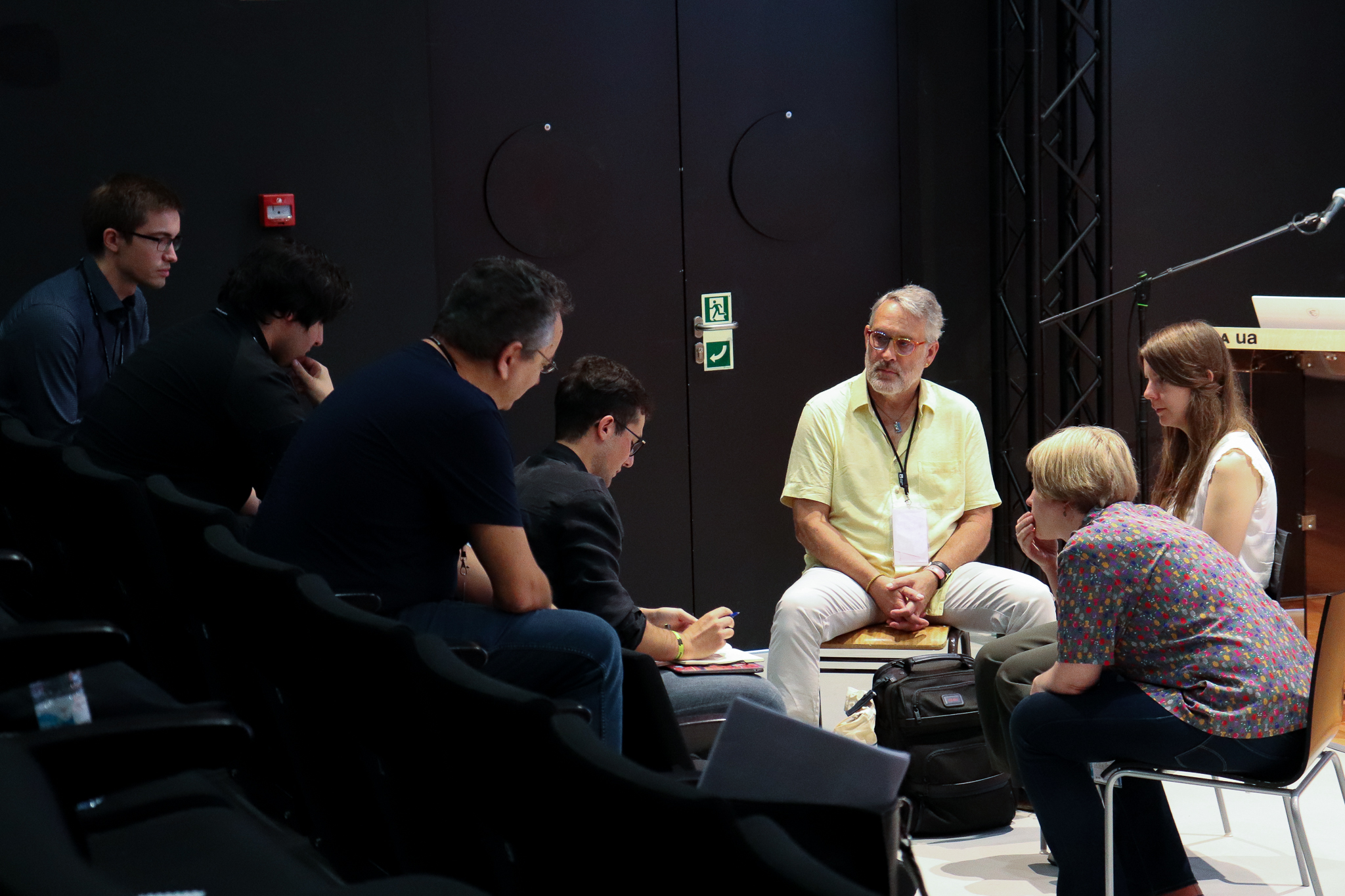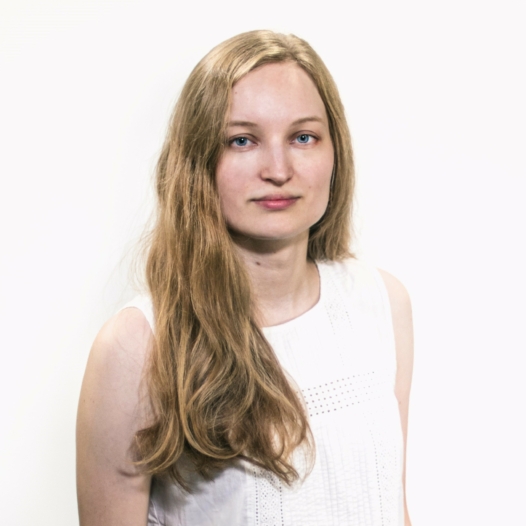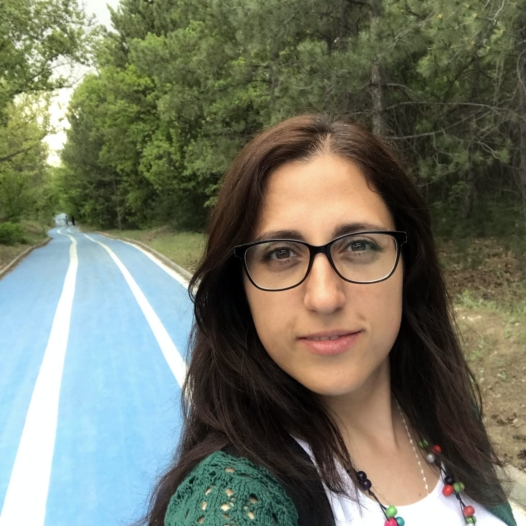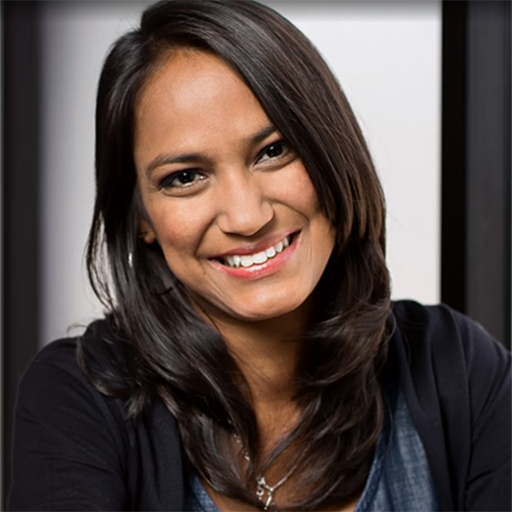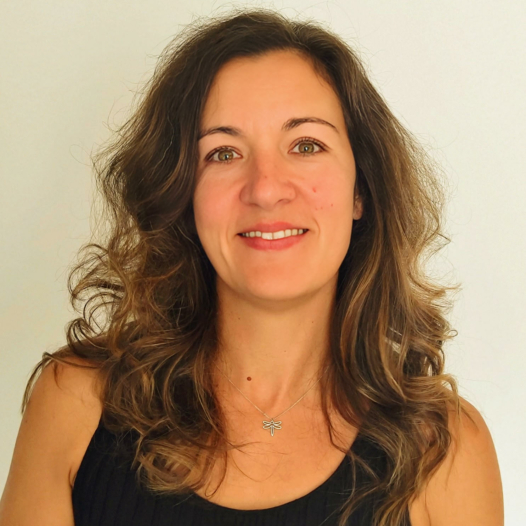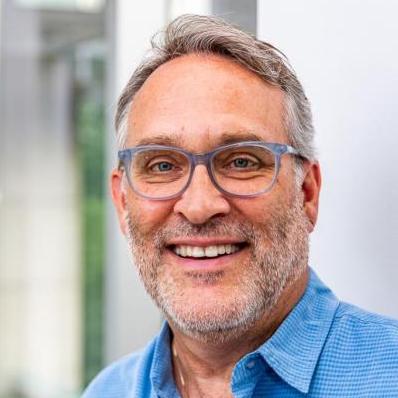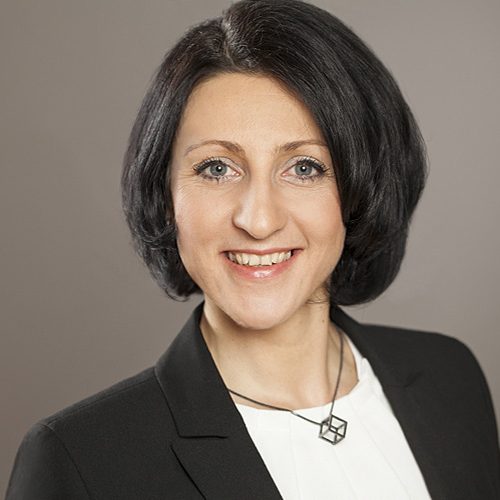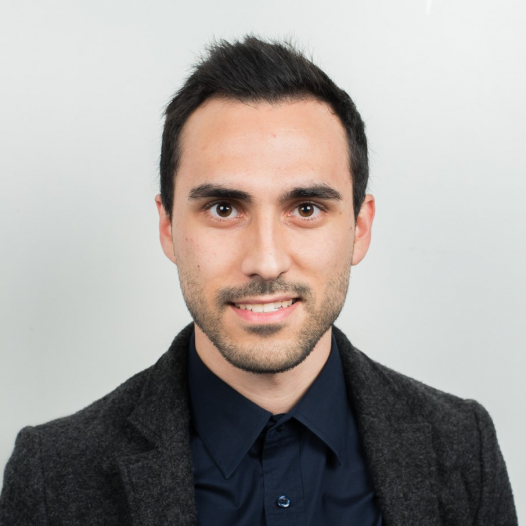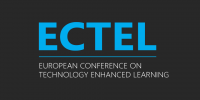
Nineteenth European Conference on Technology Enhanced Learning
Inclusive and equitable quality education for all
Krems, Austria, 16-20 September 2024
Doctoral Consortium
The EC-TEL Doctoral Consortium (DC) brings together PhD candidates working on topics related to Technology-Enhanced Learning with senior researchers in the field, providing them with an exceptional opportunity to present, discuss, and receive feedback on their research in an interdisciplinary and international atmosphere. Prominent professors and researchers in the field of Technology-Enhanced Learning will provide formative feedback to the selected papers through the review process and contribute actively to the planned format at the consortium.
Schedule
12h-13:30h CEST – Session A [Chair: Bruce McLaren]
Introduction
Presentations, Q&A and Speed Dating:
- Developing and Evaluating an Interactive Reading Tool with Teachers in the Loop: Action Research Approach. Mihwa Lee
- Automatic Feedback on Collaborative Writing Tasks. Katharina Dahmann
- Empowering Dialogic Feedback in Foreign Language Writing with Large Language Models. Gamze Sokucu
- The Right to Privacy and Data Protection for High School Students among Digital Learning Models and Learning Analytics. Mario Paludi
- Ethical framework for AI in education. Bhoomika Agarwal
Mihwa Lee
University of Tübingen, Germany
Mihwa Lee is a PhD candidate and research scientist at the Hector Research Institute of Education Sciences and Psychology at University of Tübingen. She holds a master degree in English Linguistics from University of Tübingen and a bachelor degree in Global Communications from Doshisha University. Her research interest lies in the intersection of second language […]
Katharina Dahmann
Studiumdigitale - Goethe University Frankfurt/Main, Germany
Katharina Dahmann, research associate at Goethe University, specializes in using learning analytics to provide automated feedback in collaborative-supported online learning environments. She focuses on collaborative writing scenarios, exploring various feedback options. Her goal is to enhance text quality and improve group dynamics in collaborative writing environments, leading to better learning outcomes for students. Through her […]
Gamze Sokucu
Middle East Technical University, Türkiye
Gamze Sökücü is a PhD candidate at Middle East Technical University (METU), Türkiye, studying under the supervision of Dr. Erkan Er. With 15 years of experience in English Language Teaching (ELT) in higher education, she identifies as a teacher-researcher. Gamze began her doctoral journey in ELT (PhDc) at Çukurova University and continued her studies at […]
Mario Paludi
Università D'Annunzio, Italy
My academic background is in law. I graduated in law in 2000 from the University of Teramo (Italy) with a thesis on “The Protection of the Mediterranean” in international law. After completing two years of postgraduate studies, I obtained a specialization in European law at the same university. I’m a lawyer and a teacher of […]
Bhoomika Agarwal
Open University of the Netherlands
Short bio: Bhoomika Agarwal is a PhD candidate at the department of Technology-enhanced Learning and Innovation of the Faculty of Educational Sciences of the Open University of the Netherlands. Her PhD aims to create an Ethical Framework for Artificial Intelligence in Education. Besides her PhD, she likes to dabble in coding, poetry, origami and reading […]
13:30-14:00 – Break
14:00-15:30 CEST Session B [Chair: Alejandro Ortega-Arranz]
- A Synthesis Proposal: Merging AI in Education with Automata Theory. Andre Kenneth Chase Randall
- Effect of Large Language Model use on programming project groups. Laura Graf
- Extending ACT-R to Tackle Deceptive Overgeneralization in Intelligent Tutoring Systems. Marshall An
- Modeling and supporting goal setting and strategic planning in regulation of learning activities within a CSCL environment. Simon Lecuyer Chardevel
- Scientific reasoning with interactive diagrams in primary education. Tom van Eijck
Andre Kenneth Chase Randall
University of Massachusetts Amherst, USA
Mr. Andre Kenneth “Chase” Randall is a computer science doctoral student researching AI in Education at University of Massachusetts Amherst (UMass). Supported by the Spaulding-Smith Fellowship through the UMass Graduate School, he collaborates with Research Professor Beverly P. Woolf and Professor David A. Mix Barrington to blend AI in Education with Automata Theory. He earned […]
Laura Graf
Technical University of Munich, Germany
Laura Graf is a PhD student at the Technical University of Munich under supervision of Oleksandra (Sasha) Poquet. She has been working in the Learning Analytics Group there since 2023, studying effects and potential of AI for learning scenarios in collaboration with the Chair for Applied Software Engineering. She has a degree in medical informatics […]
Marshall An
Carnegie Mellon University, USA
Marshall An is a 2nd-year PhD student in Human-Computer Interaction Institute at Carnegie Mellon University. Prior to his PhD studies, Marshall worked as a Project Scientist in the School of Computer Science at Carnegie Mellon University. He is a computer science and learning science practitioner with years of experience in technology-enhanced learning and educational data […]
Simon Lecuyer Chardevel
Grenoble Alpes University, France
My name is Simon Lecuyer–Chardevel and I’ve been a PhD student at Grenoble Alpes University in the Computer Science Laboratory since October 2023. I studied physical education and then spent three years supporting teachers in higher education as an educational engineer. My doctoral research focuses on the regulation of learning in computer-assisted collaborative learning situations […]
Tom van Eijck
Amsterdam University of Applied Sciences, The Netherlands
I am born and raised in Amsterdam, Netherlands. After graduation with a neurobiology master at the University of Amsterdam (UvA), I worked several years in nature conservation in Central America, before qualifying as a first grade biology teacher (UvA). After seven years in secondary education, I have been teaching STEM Education within the Faculty of […]
15:30-16:00 – Break
16h-17:30h CEST – Session C [Chair: Ilona Buchem]
Presentations, Q&A and Speed Dating
Wrap up and Conclusions:
- From Distraction to Reaction: Exploring Self-Regulated Learning and Off-Task Thoughts in Online Learning from Videos. Daniel Ebbert
- Designing integrated development environments to support students with ADHD. Luke Halpin
- Augmented Reality technology as a strategy to enhance learning of spatial astronomy concepts in the 7th grade. Inês Mendes
- Instructor Presence and Learner Response: Analyzing Learning Gain, Cognitive Load, Visual Attention and Affective States in Video and Metaverse Environments. Yuli Sutoto Nugroho
- Cultivating Computational Thinking skills via Educational Robotics activities in a Blended Learning Environment. Nafsika Pappa
Daniel Ebbert
University of South Australia, Australia
Daniel is a PhD candidate at the University of South Australia. After having worked in the field of providing educational technology to lecturers at universities in Germany, he joined the University of South Australia to start his PhD. His research focuses on improving educational videos provided to students at higher education institutions, with a specific […]
Luke Halpin
Lancaster University, UK
Luke Halpin (he/him) is a PhD Candidate at the University of Lancaster (UK) in the School of Computing & Communications. Luke began his PhD in October 2022 after completing his BSc (hons) in Software Engineering also at Lancaster. His work focuses on the inclusive and accessible design of technology in education and supporting students with […]
Inês Mendes
University of Aveiro, Portugal
Inês Mendes has a Bachelor’s degree in physical and chemistry teaching and a Master’s degree in communication and education in science, so her professional experience includes informal and formal science communication, as she worked in a science museum and taught to middle school students for several years. Currently she is in her third year of […]
Yuli Sutoto Nugroho
Queen Mary University of London, UK
Yuli Sutoto Nugroho is a PhD student at Queen Mary University of London’s School of Electronic Engineering and Computer Science. His research centres on educational technology, distance learning, vocational education, eye-tracking, and facial expression recognition. His PhD thesis explores the impact of presence in video-based learning and the metaverse. Alongside his studies, he serves as […]
Nafsika Pappa
University of West Attica, Greece
Nafsika Pappa is a PhD. Candidate in Computational Thinking and Educational Robotics at the Department of Informatics and Computer Engineering, University of West Attica, Greece. She holds an MSc in Educational Technology from the National University of Athens, Greece, and a BSc in Informatics from the University of Piraeus, Greece. She works as an ICT […]
Doctoral Consortium Format
The format for the DC will be firehouse presentations by student presenters (5-10 minute introductions of their research) followed by “speed dating” with senior members of the community. Students will speak for approximately 5 minutes with each of the senior researchers in attendance at the DC about their research, asking targeted questions of each (e.g., “Should I narrow or widen my primary research question?”, “Do you have any suggestions about my planned study/ies?”). The goal of this approach is to provide 1-on-1 learning opportunities for all PhD students with as many senior researchers as possible. This also provides an opportunity for career networking and more close and confidential conversations with senior members of the community than might otherwise occur.
Who can apply
The intention of this doctoral consortium is to support and inspire PhD candidates during their ongoing research efforts. Therefore, we will consider applications from PhD candidates who:
- have started working on a PhD before the doctoral consortium.
- have neither achieved their PhD degree nor officially submitted their thesis before the doctoral consortium.
- are working on a topic within the Technology-Enhanced Learning domain.
- have good reading and writing English skills.
Why apply to the DC?
By joining the DC, you will:
- Have a chance to share your current work-in-progress with a friendly but knowledgeable group of fellow researchers and professors.
- Receive feedback on your proposal by experienced anonymous reviewers.
- Practice communicating your research to a group of researchers in your area.
- Meet other PhD students who share interests with you.
- Have an opportunity to discuss PhD employability and strategies in a friendly environment.
- Publish your PhD proposal in the Doctoral Consortium proceedings.
Application process
1. Doctoral Consortium Paper
- Write about your PhD research!
- Use the supplied two-column CEUR template: either latex or doc.
- The length of the Doctoral Consortium paper is 5-10 pages.
- Make sure to adhere to the CEUR-WS Policy on AI assisting tools.
- Create a submission and upload the paper to EC-TEL EasyChair.
- (optional) All accepted Doctoral Consortium papers can prepare a poster about their PhD for the EC-TEL 2024 poster session.
- All DC papers should be authored only by the student themself. You can acknowledge your supervisor or collaborators at the end of the paper.
2. Application Form
PhD candidates are requested to complete the EC-TEL Doctoral Candidate application form (time required: 5 minutes).
Doctoral Consortium paper
Elements to be addressed in the EC-TEL Doctoral Consortium paper:
- A clear formulation of the research question.
- An identification of the significant problems in the field of research within the TEL domain.
- An outline of the current knowledge of the problem domain, as well as the state of existing solutions.
- An outline of the applied research methodology.
- A description of the PhD project’s potential contribution to solving the stated TEL problem.
- A discussion of how the proposed solution is different, new, or better as compared to existing approaches to the problem.
- A presentation of any preliminary ideas, the proposed approach and the results achieved so far.
Review and publication
The accepted Doctoral Consortium papers will be published in CEUR Workshop proceedings: ceur-ws.org. The participants will have the opportunity to improve their papers in response to the reviews and based on the feedback they received during the Doctoral Consortium.
All submissions will be reviewed by at least two senior researchers.
Latest EC-TEL Doctoral Consortia Proceedings
2023 Proceedings of the Doctoral Consortium at the European Conference on Technology Enhanced Learning
2022 Proceedings of the Doctoral Consortium at the European Conference on Technology Enhanced Learning
2021 Proceedings of the Doctoral Consortium at the European Conference on Technology Enhanced Learning
Dates
- 1 April 2024 – PhD candidate application opens
- 17 June 2024 24 June 2024 EXTENDED – PhD candidate application deadline
- 22 July 2024 – Doctoral Consortium reviews
- 16 September 2024 – EC-TEL 2024 Doctoral Consortium
- October 2024 – Camera-ready version of the improved submission
- November 2024 – Expected publication date
Doctoral Consortium Chairs
Bruce McLaren
Carnegie Mellon University, USA
Professor Bruce M. McLaren is a professor at Carnegie Mellon University, directing the McLearn Lab. As a past President of the International Artificial Intelligence in Education Society (2017-2019), he has passionately advanced the integration of technology in education. His research focuses on digital learning games, intelligent tutoring systems, and collaborative learning. Notably, his work with […]
Ilona Buchem
Berlin University of Applied Sciences, Germany
As a Professor of Media and Communication at Beuth University of Applied Sciences Berlin, Faculty of Economics and Social Sciences, Dr. Ilona Buchem teaches courses in bachelor’s and master’s programs, both on campus and online, including Digital Business (BSc.) and Media Informatics (MSc.). As the head of the Communications Lab, Ilona Buchem leads a number […]
Alejandro Ortega-Arranz
Universidad de Valladolid, Spain
Alejandro Ortega-Arranz received his Ph.D. degree in telecommunications engineering from Universidad de Valladolid (Spain), in 2021. Currently, he is Assistant Professor at the Computer Science Department of the University of Valladolid (Spain), and an active member of the GSIC-EMIC Research Group. GSIC-EMIC aims at improving the teaching and learning educational processes scientifically, and Alejandro’s main […]

